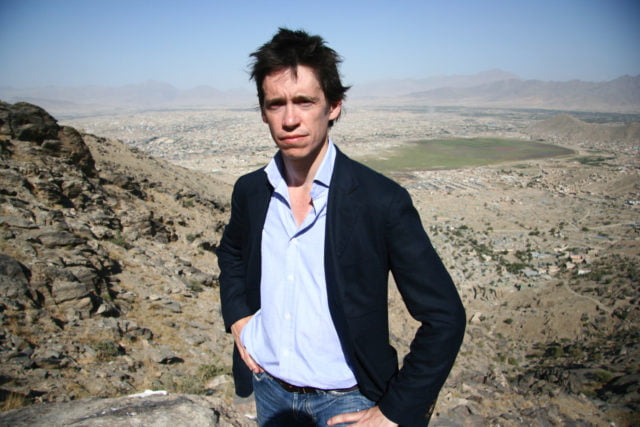British coverage of places and events outside their borders has been less than objective. Suffering from a long history of institutionalized bias, British media outlets have been seen portraying an eurocentric view of the world.

In this article about the BBC’s racism, I outlined how the tone of a lot of BBC documentaries and other British programming is straight up racist and indophobic. They talk about India as of its still an impoverished, backwater country and actively downplay its achievements.
Apart from downplaying the achievements of India and its other colonies, British coverage has historically been into the business of glorifying everything that the country does, even if they have messed up big time.
This has been tradition in Britain all the way back from the first Anglo-Afghanistan war where they suffered a crushing defeat but it was ultimately portrayed as an ultimate British victory in the papers.
Even colonialism has not been demonized as it should over there. People still consider it to be a good thing since it brought “progress” and civilization.
This sort of whitewashing is quite prevalent in the west. Even the United States has continuously whitewashed its invasions of Afghanistan and Iraq as being successful when it was abundantly clear that they were not.
This is where Rory Stewart, a British Member of Parliament and a historian comes in. He made a documentary, ‘Afghanistan: The Greatest Game’, about the history of the conflict in Afghanistan.
The stark difference that presents itself in his documentary is that he portrays things as they were and not as he wishes them to be.

Related: BBC Hindi Confuses Cricketer Mohammad Kaif With Sharp Shooter Mohammad Kaif
Despite being a British MP, he openly talks about the policy and tactical failures of the British in the 1800s during the Anglo-Afghan war and does not try to save face. Instead he lets the viewer decide where the blame is to lie by presenting very objective observations.
He also interviews all sorts of people. From American and Russian historians to ex-CIA officers to ex-Soviet army men to local Afghans who fought in the war.
Additionally, the tone of the coverage is not patronizing or preachy, as British shows usually are. The inherent superiority that British shows reeked with is surprisingly missing, instead replaced by a sharp insight and valid criticism of all parties involved.
He criticizes both the Russians and the British for playing around in Afghanistan to further their empires, then the soviets for invading the country and then the Americans for carrying out their “War on terror” here.
Rory makes it very clear to the viewer what the human costs of war are and how futile it ultimately is. This sort of coverage is needed increasingly in a global atmosphere which is conducive to war.
People making documentaries should really take this as a yardstick of honest, no-bullshit coverage. They aren’t meant to be propaganda tools employed as a tool for good PR.
The collective f*ck ups of countries need to be brought into the limelight and be learned from.
Image Source: Google Images
Sources: Arindam Banarjee, The Independent
Reach the blogger at: @tanmaymay_




























